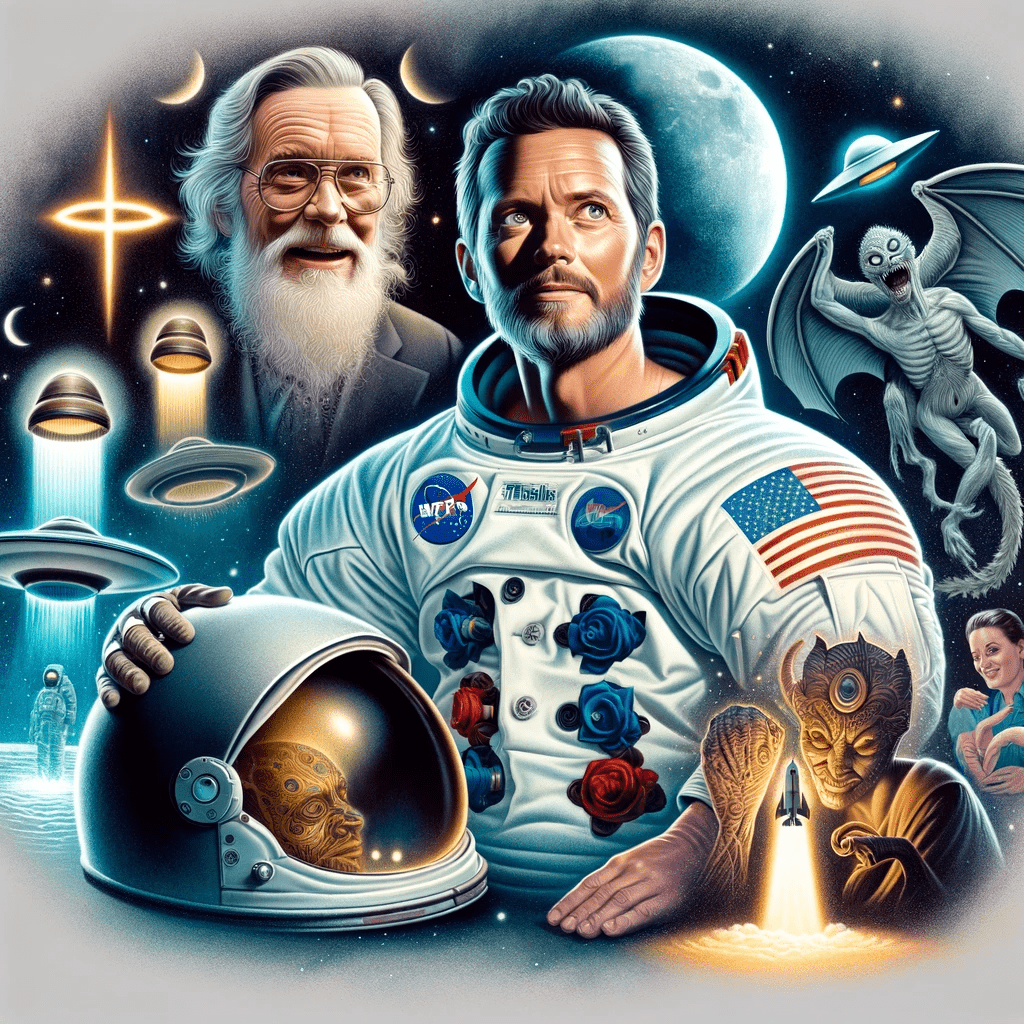Charlie Duke

Charlie Duke is an American former astronaut and retired U.S. Air Force Brigadier General. He is most renowned for his role in NASA’s Apollo program during the 1960s and 1970s. Born on October 3, 1935, in Charlotte, North Carolina, Charles Moss Duke Jr. became the tenth person to walk on the Moon as part of the Apollo 16 mission in 1972.
Before his lunar mission, Duke served as a capsule communicator (CAPCOM) for Apollo 11, the first moon landing, where he was the voice from Mission Control that communicated with Neil Armstrong and Buzz Aldrin during their historic moonwalk.
As the Lunar Module Pilot on Apollo 16, he explored the lunar surface with John Young, the mission commander. They conducted three spacewalks and collected lunar samples for return to Earth.
After retiring from NASA in 1975, Duke embarked on a career in business and public speaking, sharing his experiences from his time in the space program. He also became a committed Christian and credited his faith with transforming his personal life. Charlie Duke remains an iconic figure in the history of space exploration.
In an interview with Glenn Beck, former Apollo 16 astronaut Charlie Duke discussed his views on unidentified flying objects (UFOs) and his spiritual beliefs. Duke expressed skepticism about the existence of alien life, suggesting instead that what people often claim to be aliens are demonic beings. He believes these entities are capable of defying human understanding of physics to deceive people and draw them away from God. Duke cited his Christian faith, saying that Satan can disguise himself as an angel of light, aligning with the biblical narrative.
Duke also reflected on his personal transformation after his lunar mission. Although he identified as a Christian at the time of his spaceflight, he described his faith then as more intellectual than heartfelt. It was only after facing a lack of peace and a troubled marriage post-mission that he experienced a profound spiritual change. His wife’s conversion to Christianity led to his own two years later, which he describes as a move from a head belief to a heartfelt one. This change brought healing to his family and marriage and a sense of peace he hadn’t known before.
Lastly, Duke shared his post-Apollo life challenges. After the excitement of the moon landing, he struggled with finding a sense of purpose and satisfaction in his work and life. Even his role in the development of the Space Shuttle program felt unfulfilling compared to the dynamic nature of the Apollo missions. He left NASA in 1976 and ventured into business, seeking fulfillment in financial success, which also proved to be unsatisfactory until he found peace through his deeper commitment to his faith in 1978. Since then, Duke has been involved in Christian ministry, sharing his faith journey without seeking the spotlight or advertising for attention.
